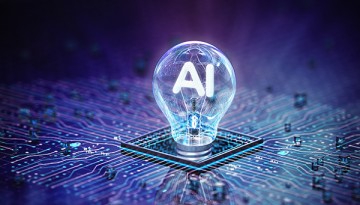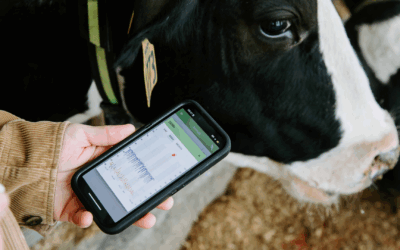Cornell physicists and computer scientists have developed a machine learning architecture inspired by the large language models (LLMs) behind ChatGPT to help them study the vastly complicated interactions that happen when nature’s smallest particles interact.
Cornell AI News
News Category
Filter by Topic
Pain tolerance increases during social interaction in VR
Researchers in the Virtual Embodiment Lab found that engagement in social virtual reality, whether with loved ones or total strangers, enhances pain tolerance.
‘Bottling’ human intuition for AI-led materials discovery
A Cornell researcher and collaborators have developed a machine-learning model that encapsulates and quantifies the valuable intuition of human experts in the quest to discover new quantum materials.
Models feel hemmed in by AI
Using generative AI, fashion designers can use digital photos to adjust models’ features and even deploy fully digital avatars in place of humans. A team including an ILR School researcher has written a paper highlighting models’ challenges.
Cornell awarded NSF grant to build AI-ready living lab for agriculture
Cornell University has been awarded a portion of a $2 million planning initiative from the U.S. National Science Foundation to establish AI4Ag, a national testbed for artificial intelligence in agriculture.
AI can write your college essay, but it won’t sound like you
Students who plan to use ChatGPT to write their college admissions essays should think twice: Artificial intelligence tools write highly generic personal narratives, even when prompted to write from the perspective of someone with a certain race or gender.
Balancing the promise of health AI with its carbon costs
The health care industry is increasingly relying on AI – in responding to patient queries, for example – and a new Cornell study shows how decision-makers can use real-world data to build sustainability into new systems.
Empire AI: Cornell call for compute resource proposals
Empire AI is now soliciting proposals from Cornell faculty and researchers to use the extended “Alpha” machine with 144 H100 GPUs, as well as the new “Beta” machine that is expected to come online in December.








